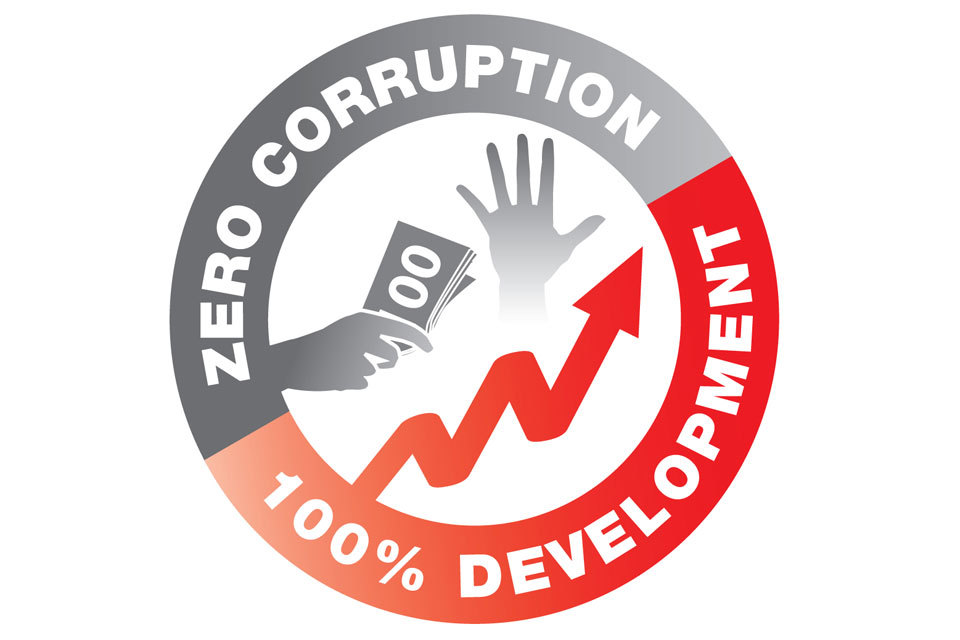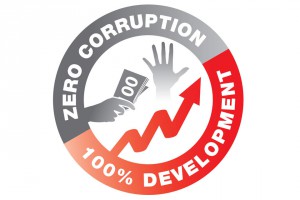10th December 2013
The Cancer of Corruption

It is right to call corruption a cancer.
When it grows in the body politic, sometimes imperceptibly, it has the ability rapidly and insidiously to infiltrate and destroy the organs of the state.
Once embedded, it is very difficult to cut out. Metastasis across society is common. It prevents countries from developing and reaching their full potential, and destroys the ethical and moral foundation of a state. And as the UK International Development Secretary, Justine Greening, said in a joint statement with Foreign Secretary William Hague and UK International Anti-Corruption Champion Ken Clarke to mark Anti-Corruption Day on 9 December:
“When corruption happens in developing countries, it is the very poorest people who foot the bill. It deters investment, cheats citizens out of the services and support they need to develop their economies and end aid dependency”.
No country is immune. While the British government was pleased to see the UK rise from 17th to 14th place worldwide in Transparency International’s 2013 Corruption Perceptions Index , there is clearly plenty to do. “All power corrupts”, said Action, and sadly our inability as humans to resist the insidious temptations of corruption is frequently demonstrated, on a large scale and small.
Good governance is a central plank in Britain’s work on the UN’s post-2015 International Sustainable Development Agenda. And it is clear that it is also a priority for Pope Francis. The Apostolic Exhortation Evangelii Gaudium focuses on the issue of corruption as a critical symptom of the lack of ethical approaches to economics and governance in developed and developing countries.
The Pope identifies “widespread corruption and self-serving tax evasion, which have taken on worldwide dimensions”. He identifies the negative impacts on the poor and marginalised of “deeply rooted corruption found in many countries – in their governments, businesses and institutions – whatever the political ideology of their leaders”. And he reminds us of the “corruption and criminality” in urban centres lacking a strong sense of community and togetherness.
William Hague said on 9 December that “Reducing corruption and increasing transparency is at the heart of the Government’s agenda”, from the G8 to the UN.
It needs to be at the heart of the agenda of all governments. A collective commitment to practical action to root out corruption and thereby strengthen good governance would be a decisive feature of an effective post-2015 sustainable development package. A strong Holy See voice in favour would be an important element in achieving this.
All countries would benefit. And, as Pope Francis reminds us, the poorest in our society would benefit most of all.

Absolutely right Mr. Baker. We have to get together to end this disease!